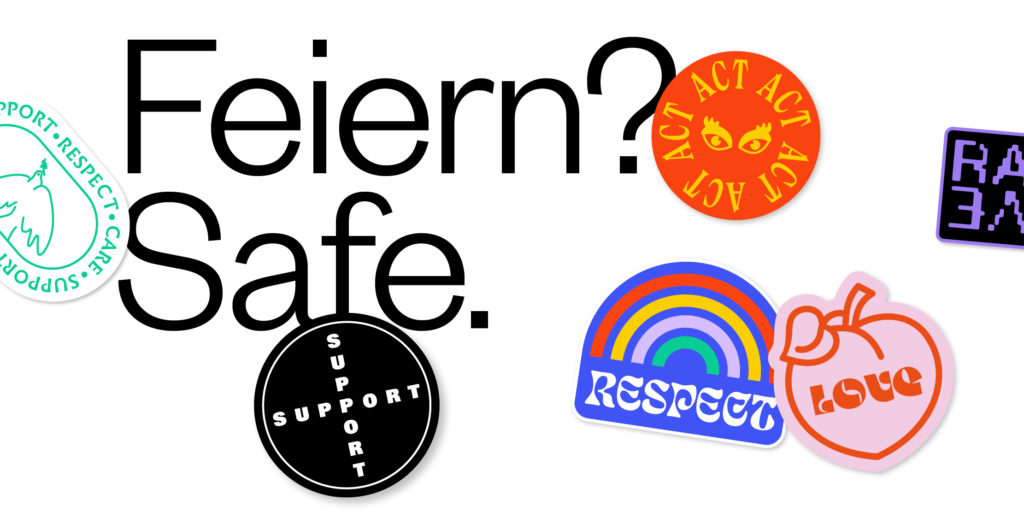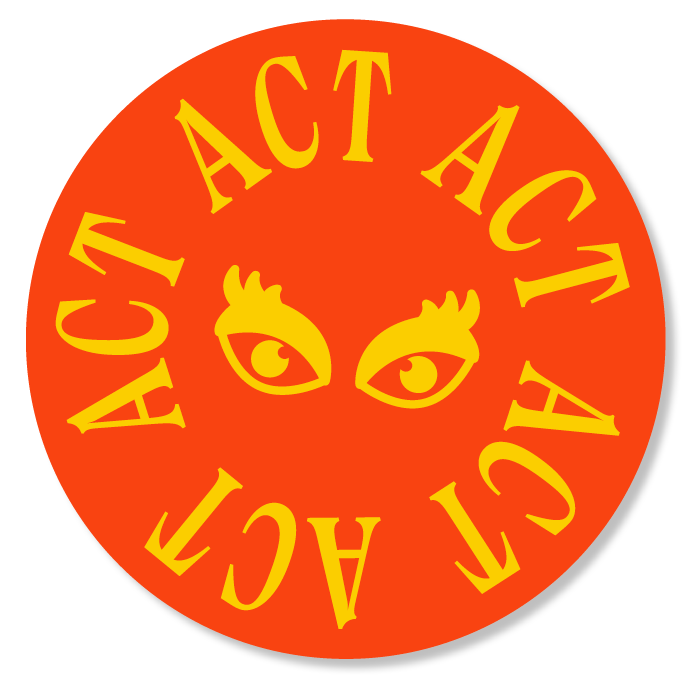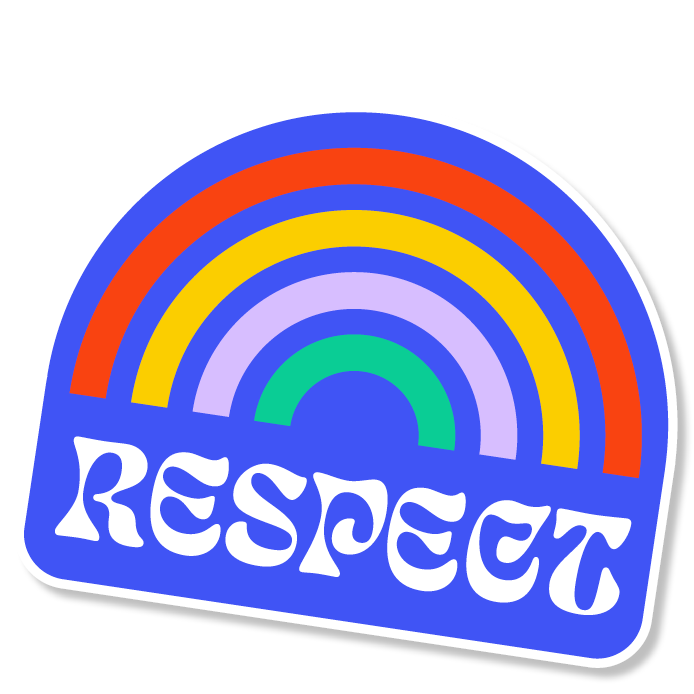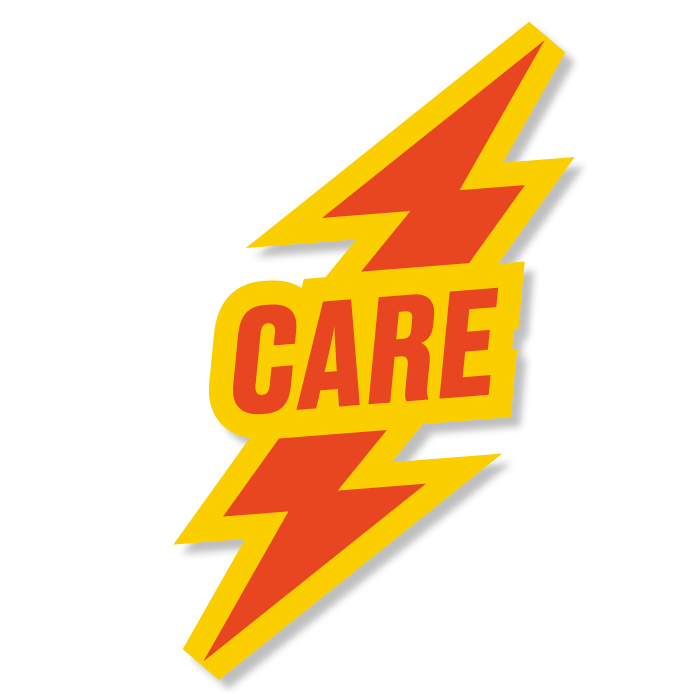DAB campaign: Rave? Safe.
The campaign “Rave? Safe.” by the DAB Project aims to disseminate information materials in 7 different languages to better respond to discrimination.
Discrimination and assault happen everywhere, even in clubs that consider themselves safer spaces. Therefore, it is important to know strategies to deal with it. While there are no perfect solutions to violence, there are a few principles to better respond to it. Our approach puts victims at the center and involves the environment.
These guidelines can help you deal with situations where you witness a person being harassed, discriminated against, or threatened:
- Stay as calm as possible.
- Go to a safe environment.
- Do not act alone and seek support, such as from staff.
- Respond to the acute needs of the person concerned.
- Believe the affected person; he or she always has priority.
ACT
Shock and powerlessness are typical reactions when someone experiences an assault. It is normal to feel alone and powerless. Especially when you witness discrimination or violence, it is important not to look away. Sometimes people don’t act because they are afraid of doing something wrong. Most of the time, it helps victims if you act. You can reflect on your behavior afterwards. If you are affected by discrimination yourself: Assault is never your fault and you have a right to support from others.
RESPECT
The person who has experienced violence is the expert in the situation. If you are affected yourself, your assessment is correct. It is not the job of the environment to decide how bad what happened is. Trust your perception, get support or leave the situation if you can. If you are witness:ing an assault, ask the affected person what they need and respect the response. Your own safety and the safety of the person being assaulted take precedence.
CARE
Discrimination and assault are painful and real. Try to take your experience seriously and give yourself time to find a way to deal with it. When you stand by an affected person, give them space. Sometimes other people need something different than what would be coherent for yourself. Often, affected people need support even after the assault. Ask if the person would like a ride to the train, for example. If you are overwhelmed, get support, such as from staff.
SUPPORT
In Berlin there are many different counseling centers that can provide support in different languages. You can find the map here: https://feiern-safe.club/#beratungsstellen
SELF-DETERMINED GOING OUT
Berlin is world famous for its diverse club and music scene. However, the diversity hardly includes people with disabilities. Although about 13% of the population has a disability, you rarely see this percentage of the population in clubs and bars or at concerts. But people who use wheelchairs also like to go dancing, deaf and blind people want to party the nights away, and people with so-called intellectual disabilities want to see their favorite bands live.
Here you can find a legal expertise anyway a pdf in easy language on the topic.
ORDER INFORMATION MATERIAL
Within the framework of the project, information materials on awareness, diversity and anti-discrimination structures have been developed in cooperation with various actors from Berlin’s club culture.
These materials are meant to help clubs and collectives to approach and implement awareness, diversity and anti-discrimination structures. The QR code on the various materials is used to access our website, where all materials can be found and downloaded in 7 languages.
Clubs and collectives can pick up the materials free of charge at the Clubcommission office after ordering (!). We will contact you by e-mail to arrange a pick-up time.
You can order the information materials here.
The project “Diversitygerechtes Ausgehen Berlin – DAB” is a cooperation project of Eine Welt der Vielfalt e.V. and Clubcommission e.V. and is funded by the Senate Department for Justice, Consumer Protection and Anti-Discrimination and the Landesstelle für Gleichbehandlung – gegen Diskriminierung.




